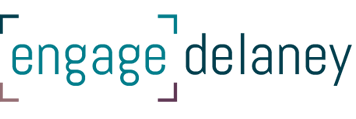Day 10: Shared Values Yield Compromise for Consensus

There are positions, interests and values in the world of stakeholders. When focused on positions, two parties are furthest apart. It’s a zero-sum game. Having a position is like: “No way are you going to build that new condo.”
From the perspective of interests, we are closer together – but there is still a divide. It’s a conversation about what’s important at a more substantive level. Having an interest is like: “I want my neighbourhood to retain its character.”
At the level of values, two parties are as close as they can be – even while having potentially opposing positions. Having shared values is like: “We both value our sense of community.”

What does it mean?
Shared values are values that are deeply rooted and shared among two parties. For example, there may be two people who hold differing positions when it comes to a community plan, but they might both be parents and value the safety of their children.
This shared value is a starting place for dialogue.
Instead of a conversation about the draft community plan, these two people can have dialogue around how to ensure the community reflects the needs of children – primarily around safety.
What does it look like?
People do not naturally share their values, in part because they do not think of them every day, and most public processes do not seek to understand values. In many ways it is easier to ask people what they think of a particular project or proposal, rather than ask them what they value, or what they hold dear.
Here are three things you could do to investigate values:
- Integrate questions about values early in the engagement planning stage through pre-consultation. Ask: What matters most to you related to this project?
- Communicate values through your project. For example, instead of simply listing project information, communicate what values influenced the project design. For example, communicate a value of community instead of just listing community amenity contributions.
- Facilitate dialogue based on shared values, by starting all engagements with a focused conversation. There are many ways to do this, but one of the easiest is to re-communicate what you’ve heard so far in the process about values.
This is part of an ongoing series exploring Engage Delaney’ Company Creed. Check out the introduction piece here.



